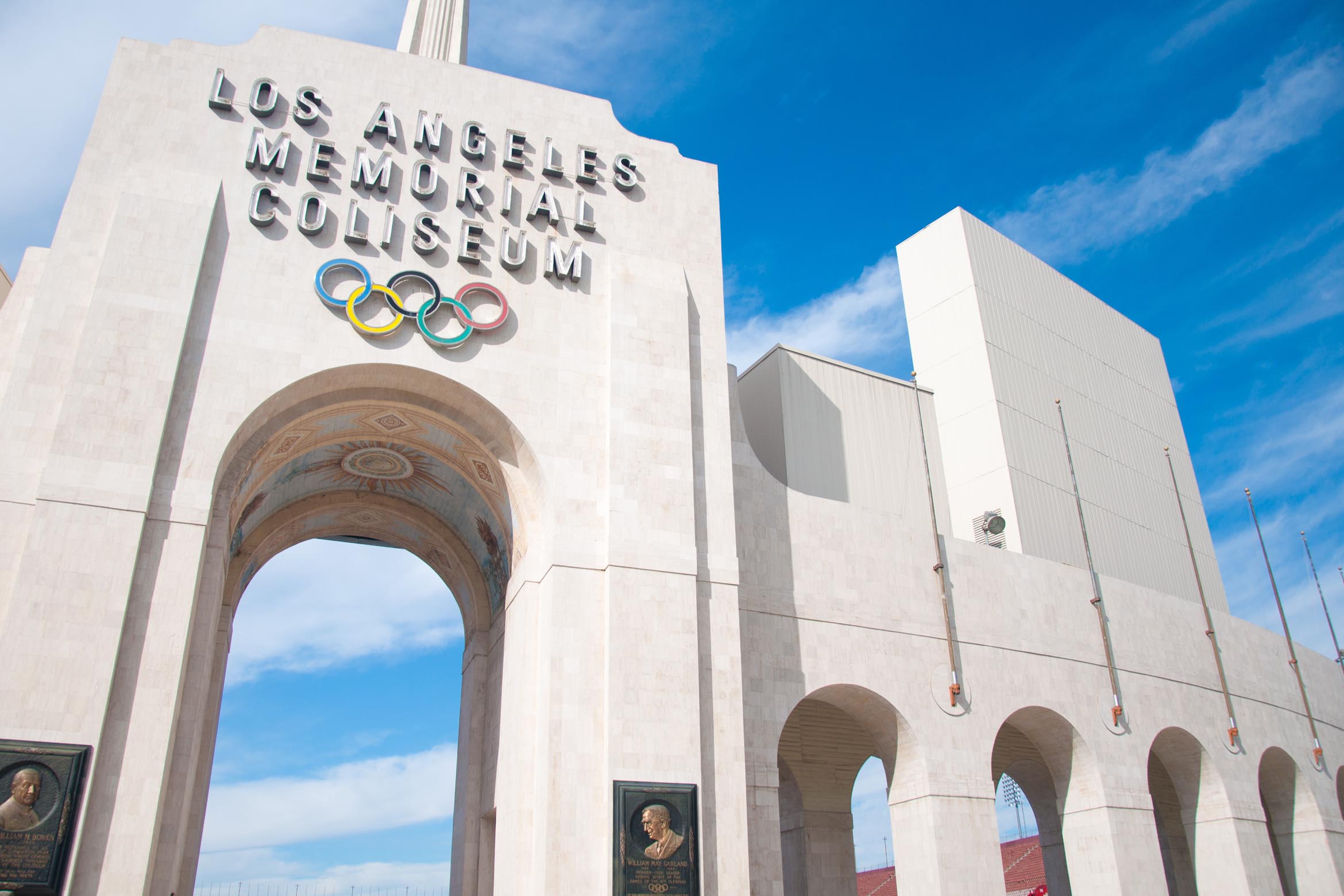Coliseum Sets Sights On Zero Waste Game Days
September 1, 2015

The Los Angeles Memorial Coliseum’s trash cans have been transformed into recycling and compost bins as part of the venue’s “zero waste” initiative this season. Here are some answers to frequently-asked-questions about “zero waste” – a collaboration between the Coliseum and the University of Southern California.
Q: What is “Zero Waste?”
A: As part of an industry standard, “Zero Waste” venues divert at least 90 percent of their total waste away from the landfill through recycling and composting. 100% diversion is an aspirational goal – a goal we will continue to strive for as we minimize the environmental impact of the stadium.
Q: Why is the Coliseum doing this—what are the benefits?
A: The Coliseum is a national landmark and as such, is committed to sustainable practices and environmental innovation. While other stadiums only have zero-waste initiatives during sporting events, the Coliseum plans to expand the zero-waste goal to concerts, festivals and other events that the venue hosts.
Q: What changes will fans see?
A: Fans will see new “eco stations” at 150 locations around the Coliseum where they can dispose of their waste in recycling and compost bins.
Q: Who else is doing this?
A: The Ohio State University, University of Colorado-Boulder, and Arizona State University are all Division I college football programs that currently have zero-waste initiatives. Some professional teams include the Philadelphia Eagles, Seattle Seahawks, Atlanta Falcons, Denver Nuggets, Portland Trail Blazers, Seattle Mariners, and San Francisco Giants.
Q: What happens to the waste?
A: All of the waste from the Coliseum is taken to a sorting facility. From there, the recyclable byproducts are sent to a recycling facility and converted into new products. The compost is hauled to a separate, off-site location, where the waste is broken down and allowed to mature until it is ready to be sold as compost to farmers in Central Valley.
Industrial compost is most effective at specific temperatures and moisture levels that backyard compost cannot reach. This is why some items composted at the Los Angeles Memorial Coliseum – dairy products, bones, compostable plastics and meats – are not compostable in your home.
Q: What is the future of the Zero Waste Coliseum initiative?
A: While the goal is to achieve a 90% diversion rate during the 2015 USC football season, the Coliseum is committed to this initiative on a long term basis, and will continue to take the necessary steps until this goal is achieved. With your help, we anticipate a Zero Waste certified facility in the very near future, at which point, the Coliseum will become a leader in sustainability and join an exclusive list of sustainable venues.
To read the full press release, click here.
To learn more about the university’s sustainability efforts, click here.